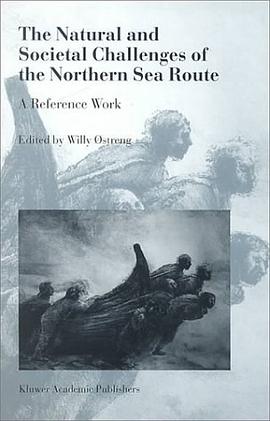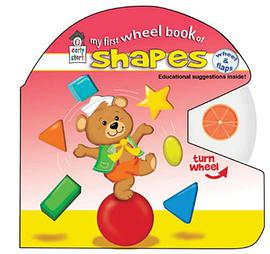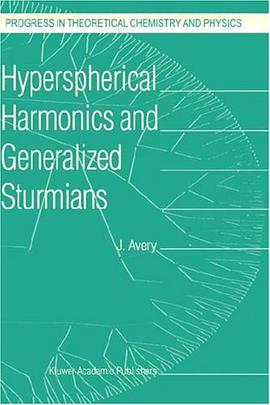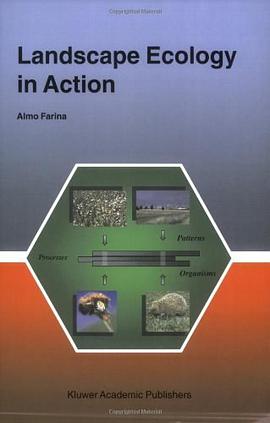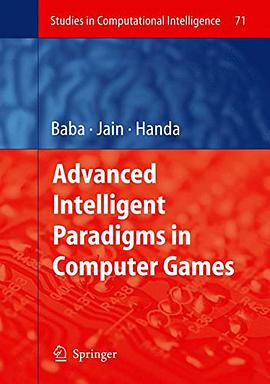

具体描述
In this book, Reiss argues in favor of a tight fit between evidence, concept and purpose in our causal investigations in the sciences. There is no doubt that the sciences employ a vast array of techniques to address causal questions such as controlled experiments, randomized trials, statistical and econometric tools, causal modeling and thought experiments. But how do these different methods relate to each other and to the causal inquiry at hand? Reiss argues that there is no "gold standard" in settling causal issues against which other methods can be measured. Rather, the various methods of inference tend to be good only relative to certain interpretations of the word "cause", and each interpretation, in turn, helps to address some salient purpose (prediction, explanation or policy analysis) but not others. The main objective of this book is to explore the metaphysical and methodological consequences of this view in the context of numerous cases studies from the natural and social sciences.
作者简介
目录信息
1 Causation in a Complex World 1
PART I
Evidence
2 What’s Wrong with Our Theories of Evidence? 33
3 Evidence in Context 58
PART II
Singular Causation
4 Counterfactuals, Thought Experiments, and Singular Causal Inference in History 79
5 Counterfactuals in the Social Sciences 91
6 Contrastive Causation 120
7 Singular Causation without Counterfactuals 148
PART III
Causal Laws
8 Time Series, Nonsense Correlations, and the Principle of the Common Cause 165
9 Causal Laws in Biomedical and Social Research: Evidence, Inference, and Purpose 180
PART IV: Semantics
10 Third Time’s a Charm: Causation, Science, and Wittgensteinian Pluralism 203
11 Causation in the Biomedical and Social Sciences: An Inferentialist Account 221
References 241
Index 253
· · · · · · (收起)
读后感
评分
评分
评分
评分
用户评价
相关图书
本站所有内容均为互联网搜索引擎提供的公开搜索信息,本站不存储任何数据与内容,任何内容与数据均与本站无关,如有需要请联系相关搜索引擎包括但不限于百度,google,bing,sogou 等
© 2026 book.quotespace.org All Rights Reserved. 小美书屋 版权所有


